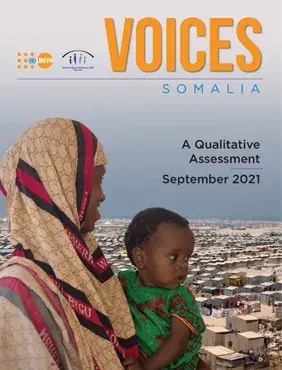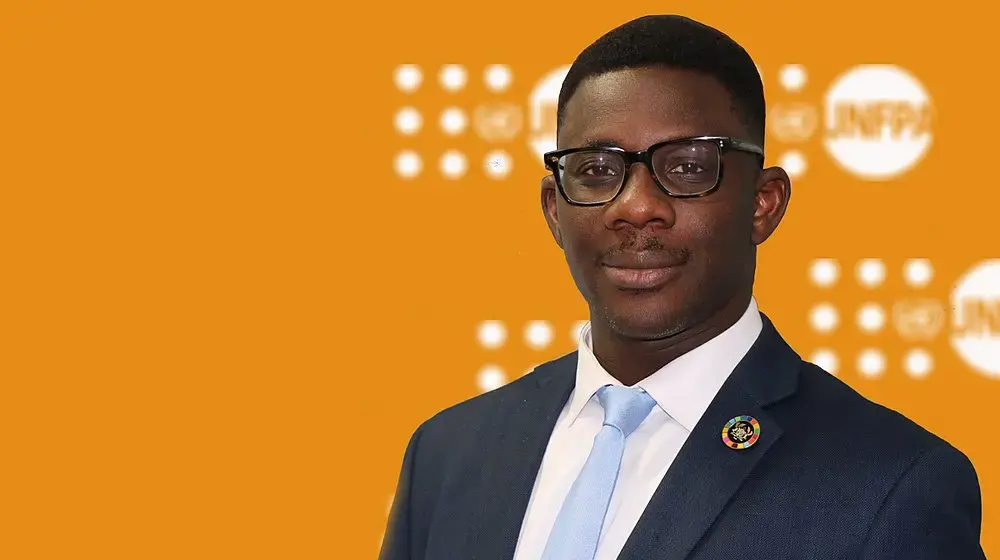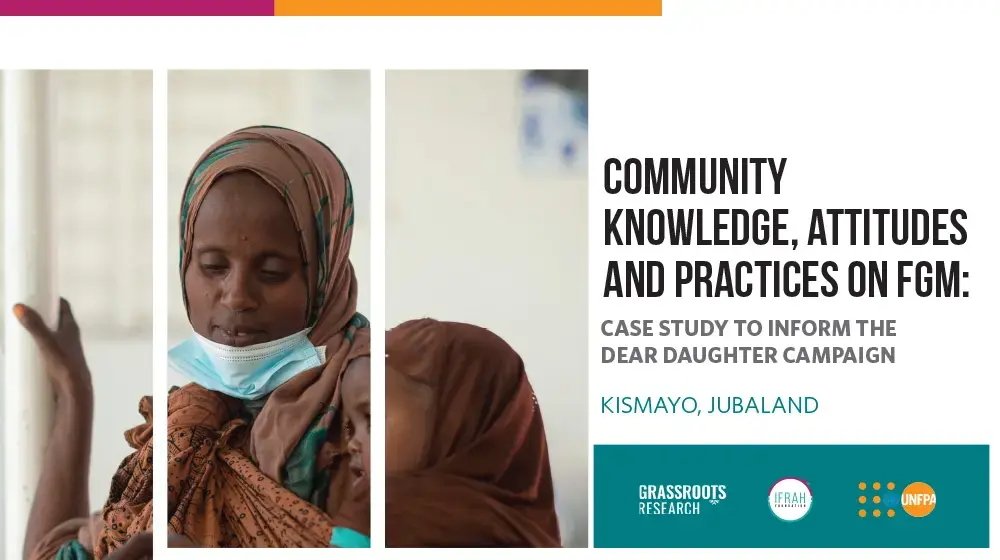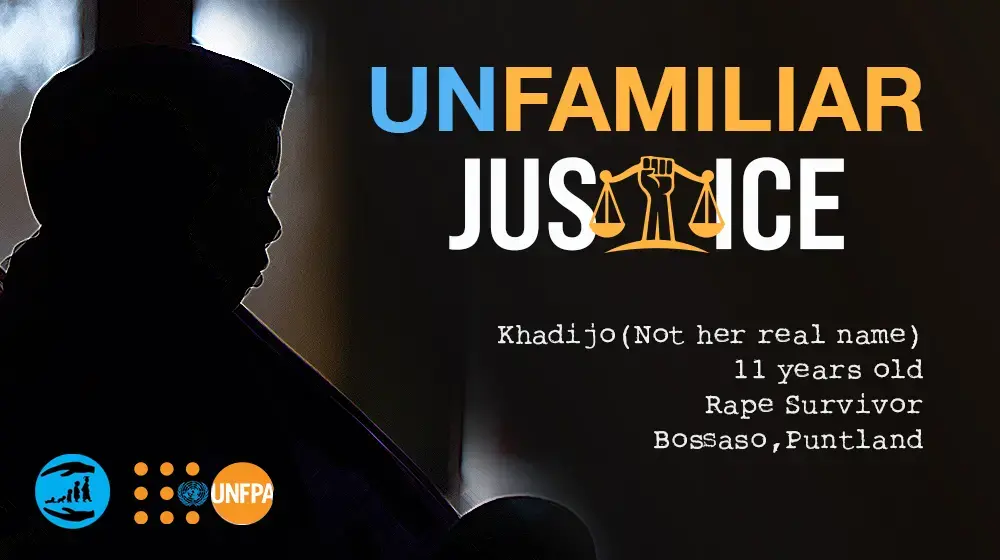Spanning over 30 years, the ongoing crisis in Somalia has significantly impacted the most vulnerable populations, such as women and children, many of whom have only ever known insecurity. While Somaliland has experienced increased peace and security, conflicts continue to erupt along the disputed land with Somalia. The Voices report is the first publication dedicated to exploring specific violence risks affecting women, girls and other vulnerable persons; what type of violence these vulnerable groups experience; how they cope with these risks; and whether specialized services are available and accessible to them.
The outcomes of this first publication of Voices from Somalia illustrate how women and girls are disproportionately subjected to a wide range of Gender-Based Violence (GBV) in Somalia and Somaliland, including sexual and domestic violence, Female Genital Mutilation and/or cutting (FGM/C), and Child Early and Forced Marriage (CEFM). Women and girls’ resort to several coping mechanisms to cope with their situation: ranging from silence; to reporting violence to religious and community leaders; and restricting or having their movements restricted by their families as protective measures against GBV. Oftentimes, adolescent girls work as domestic workers, while boys work as shoe shiners in order to meet the basic needs of their families. The impact of violence on some women and girls includes early pregnancy, divorce, depression, and in some cases death.
An adolescent girl from Garowe district, Nugaal region, Puntland, Somalia explained it as “violence is happening everywhere, and it can affect everyone: both males and females”.
Many girls fear leaving their house, whether that be to go to the market, to search for work, or to use personal hygiene facilities. Adolescent girls want to get an education, however when they go to school, they face sexual harassment and may, as a result, be compelled to stay at home and limit themselves to fetch water, cook and clean, while their brothers go to school. Many of the girls who endure GBV suffer in silence, as they do not trust the weak and obsolete formal legal system operating in most parts of Somalia and Somaliland, with the only exception being Puntland state. The informal community justice system, which is based on mediation and arbitration, often favors the perpetrator, with whom the survivor may be coerced into marrying. The interviews providing the foundation of this report revealed that boys continue to be targeted for recruitment by armed groups, while forced abortion, as well as the use of technology to blackmail adolescent girls, were identified as rising GBV trends. In addition, it is recognized that revenge killings are used to retaliate against sexual violence by families of survivors of rape. Homicide, following rape or gang rape, is becoming a grave new form to sexual violence in Somalia.
Discussions with interviewees revealed that while there are available GBV, protection and humanitarian distribution services in some areas, these services are inadequate in quality and scope. While the prevalence of GBV increases and continues to negatively impact vulnerable women and girls, there are insufficient numbers of specialized service providers, and a complete lack thereof in remote locations.
Our gratitude and thanks go to all those who have contributed to this publication. Our aim is to provide a comprehensive guide to support humanitarian actors to deliver an informed and targeted response. We thank those who participated in focus group discussions for their incredible courage. We hope that by raising and amplifying your voices in this publication, humanitarian and development actors will gain a better understand of the situation, re-commit and double efforts to end GBV in Somalia and Somaliland.





